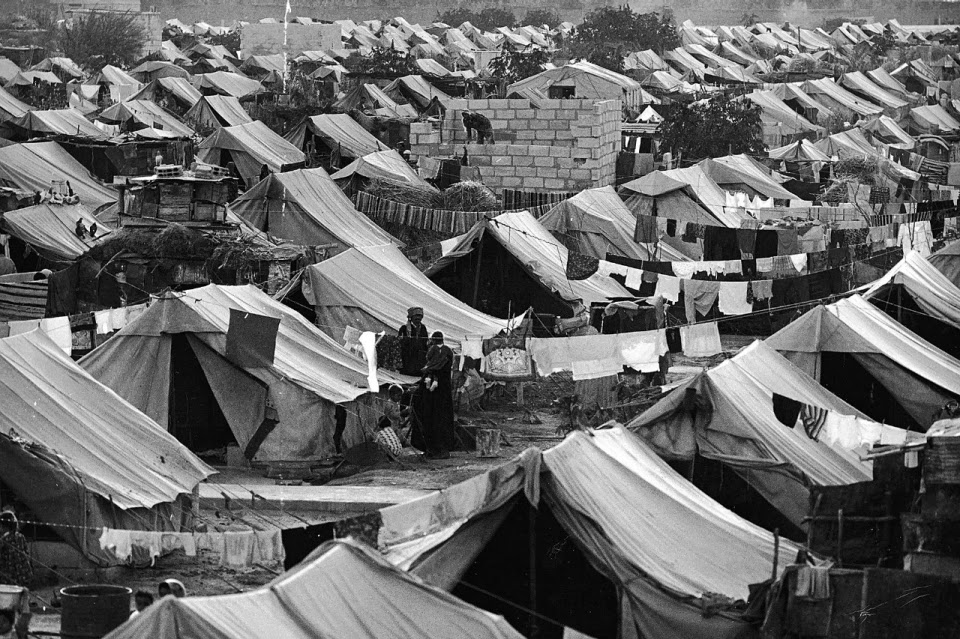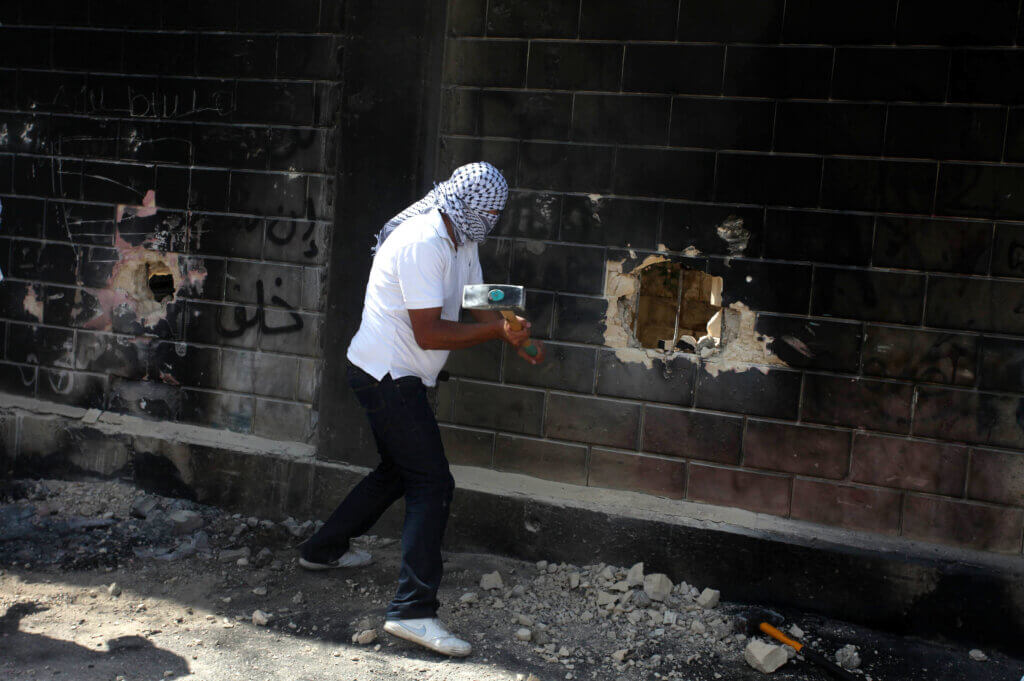Israel, as Occupying Power and despite The Hague Regulations (Article 43) prohibitions, altered the law and the structure of civic institutions in the occupied Palestinian territory (oPt) from a system of 25 municipal councils and 86 village councils. It transferred planning authority from indigenous District Committees to an Israeli "Higher Planning Committee,” and conveyed the planning and development powers of village councils to military appointees. Israeli authorities then imposed their own physical planning regime and master plans on villages, towns and rural areas, thereby restricting Palestinian living space, often evading legally prescribed objection rights and procedures.
The HPC has maintained three subcommittees: Israeli settlement, house demolitions and local planning and development). The first of these secretive bodies organizes and sanctions settlement activity recognized under international law as a war crime.[1] The third of these, as its name indicates, oversees physical planning and development in Palestinian town and villages. That subcommittee has included some Palestinian employees of the Israeli "Civil Administration” in the occupied Palestinian territory (oPt); however, they lack power to affect policy. Neither the "Settlement Subcommittee” nor the "Supervision Subcommittee,” dealing with demolitions, has any Palestinian member. In any case, the Israeli military commander retains the power to override any planning authority decision, ensuring that all use of land in the occupied Palestinian territory (oPt) is subject to Israeli military objectives.
[1] For example, as stipulated in the International Military Tribunal (Nuremberg), the International Law Commission’s draft Code on Crimes against the Peace and Security of Mankind, Article 22; and the Rome Statute on the International Criminal Court, Article 22.



